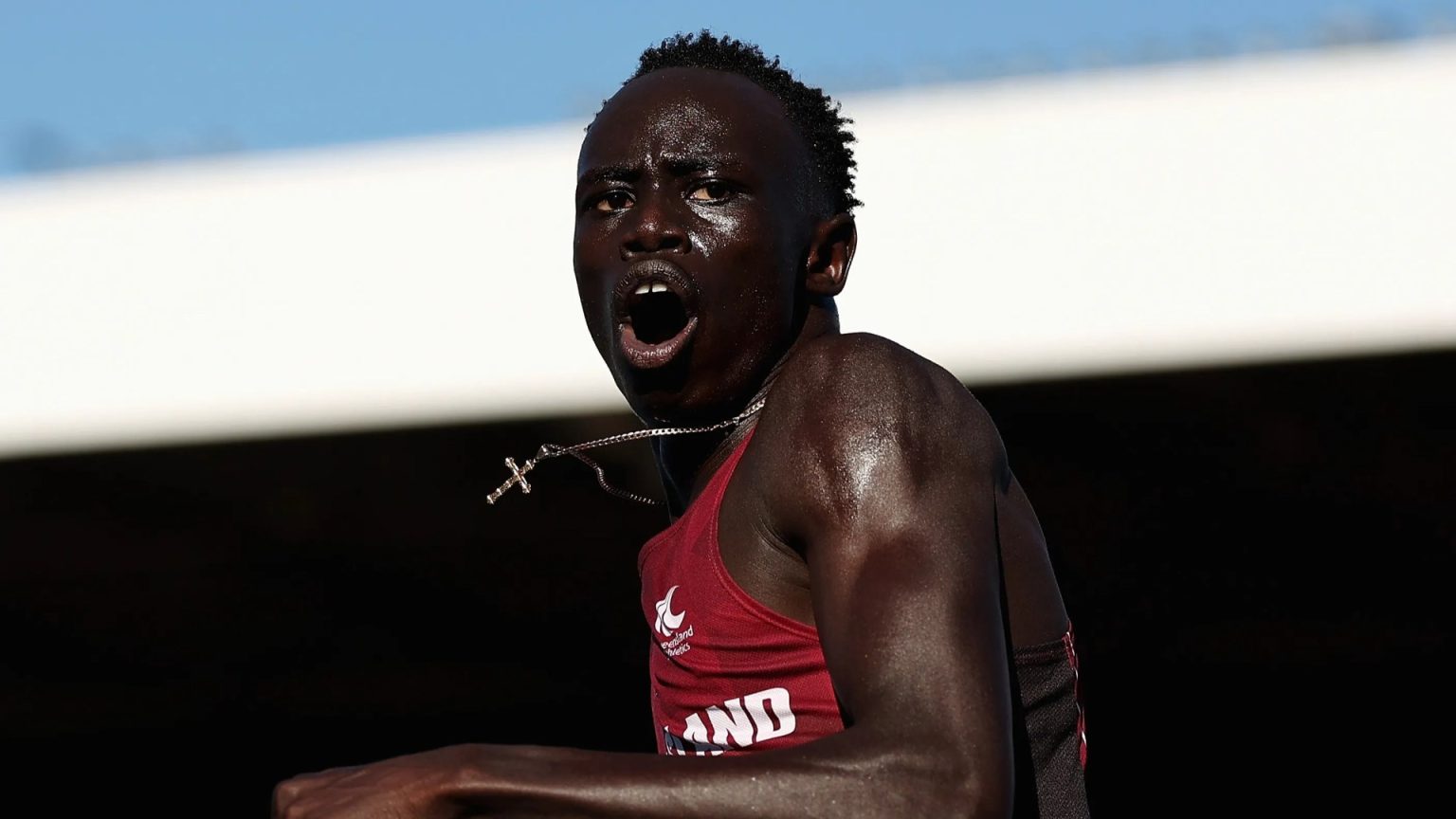The meteoric rise of a 16-year-old sprinting prodigy, dubbed the “next Usain Bolt,” has been overshadowed by a bureaucratic blunder: a misspelling of his name. The young athlete, known internationally as Gout Gout, has been shattering age records in both the 100m and 200m dashes, even breaking the long-standing Australian 200m record. However, his family has revealed that “Gout Gout” is not the name they gave him. His father, Bona, has expressed his displeasure and frustration over the error, explaining that his son’s true name is Guot, pronounced “gwot.” This seemingly small discrepancy carries significant cultural weight for the family, impacting their connection to their son’s achievements and highlighting the importance of accurate representation.
The name mix-up originated during the family’s journey as refugees from South Sudan. Initially intending to settle in Canada, they rerouted to Australia after receiving their Australian documentation first. Bona believes the Sudanese government erroneously recorded his son’s name as “Gout Gout” on the official forms, setting off a chain of events that has led to the persistent misnaming. The family’s attempt to correct the error underscores the challenges faced by refugees navigating bureaucratic systems, where even minor mistakes can have lasting consequences. The misspelling, though unintentional, transforms the athlete’s name into something that carries unintended and unwanted connotations.
The incorrect name, “Gout Gout,” evokes the painful medical condition gout, a source of distress for the family. Bona emphasizes that he doesn’t want his son’s name associated with a disease, highlighting the cultural significance of names and their inherent meaning. The mispronunciation and misspelling create a disconnect between the athlete’s accomplishments and his family’s cultural identity. They feel a sense of loss, as the name they chose for their son, and the meaning it embodies, is lost in the misidentification.
The family’s plea for correction extends beyond a simple spelling change. It represents a desire to reclaim their son’s identity and preserve their cultural heritage. The name “Guot” holds personal and familial meaning, a significance that is erased when replaced with the incorrect “Gout Gout.” The family’s connection to their son’s athletic triumphs is diminished when his name, and therefore a part of his identity, is misrepresented. They yearn for the world to acknowledge and celebrate their son’s achievements under his true name, reinforcing the importance of accurate representation and cultural sensitivity.
The situation underscores the broader issue of how names, particularly within immigrant and refugee communities, can be misunderstood, mispronounced, or altogether changed during the resettlement process. This seemingly minor detail can have a significant impact on an individual’s sense of belonging and connection to their cultural heritage. The family’s story serves as a reminder of the importance of respecting and preserving cultural identity, especially for those who have been displaced from their homes and are striving to build new lives in unfamiliar environments.
Bona remains hopeful that his son’s name can be officially corrected. This correction would not only rectify a bureaucratic error but also restore a sense of cultural pride and connection for the family. The act of reclaiming his son’s name represents a reclaiming of their family’s narrative and their right to be recognized and identified correctly. The hope is that going forward, the young athlete will be celebrated for his remarkable achievements under the name his family gave him, a name that carries the weight of their history, culture, and love.


